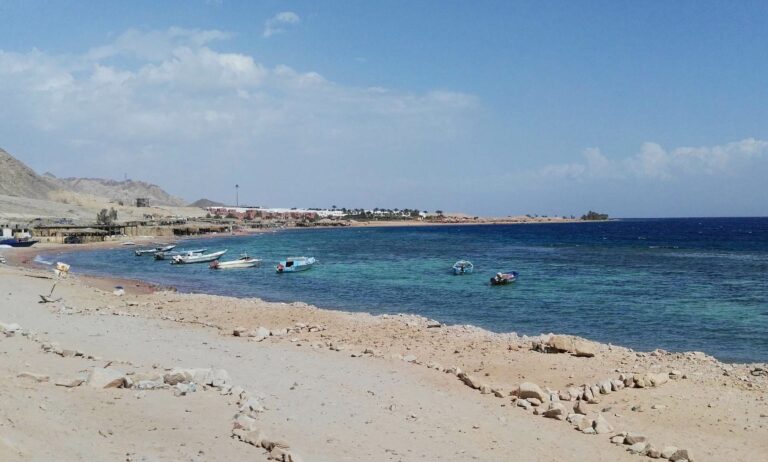It’s a sad fact that snorkellers often die in unexplained circumstances around the world, but the loss of a British man in February has now been attributed at the inquest to immersion pulmonary oedema (IPO) – with numerous tabloid headlines about the snorkeller “drowning in his own bodily fluids” serving to boost public awareness of the condition.
Les Finch, 72, a retired engineer from Ormskirk in Lancashire, was an experienced snorkeller who died while exploring an Egyptian Red Sea reef off a beach on 27 February.
He was found face-down but unresponsive in the sea at the Three Pools site off Dahab, where he had been snorkelling with his wife Martha and a friend. It had been the fifth day of their holiday in Egypt, an inquest at Preston Coroner’s Court heard last week.
Emergency services were called while divers at the scene tried to resuscitate Finch, but when paramedics arrived he was pronounced dead.
“He would have felt shortness of breath but that would be very rapid and he then would have lost consciousness,” Dr Brian Rodgers, a scuba diver and snorkeller himself, told the inquest. The Home Office pathologist said that a coughing fit suffered by Finch the previous day while out swimming, and attributed by him at the time to a recent cold, would have been a preliminary sign of IPO.
Blood analysis
Later examination of Finch’s body in the UK had proved challenging because it had been embalmed while in Egypt, ruling out blood analysis. A CT scan had revealed signs of heart disease, but it was determined that this was not linked to his death and had not caused the IPO.
However, senior coroner Dr James Adeley said that high blood pressure and high cholesterol had been contributory factors in Finch’s death.
Adeley mentioned that, despite his long experience as a coroner, this had been the first time he had recorded IPO as the cause of death in a drowning incident. “In all other cases it’s when someone has inhaled water into their lungs,” he said.
Finch had been “surrounded by lots of people and no one noticed him in distress and his mask and snorkel were still in place,” said the coroner. “He hadn’t had sufficient time to raise the alarm.”
“He died doing something that he loved,” said Martha Finch. “It’s a comfort to know he wouldn’t have known anything about it.”
Coping with IPO
IPO can occur in swimmers and scuba divers as well as snorkellers when external water pressure, sometimes exacerbated by exertion, over-hydration, cold or pre-existing health conditions, causes the infusion of bodily fluids into the lungs, leading to hypoxia. Internal and external drownings are difficult to distinguish in post mortem examinations.
Awareness among water-users of the possibility of IPO is the vital factor, Any snorkeller suddenly feeling short of breath or fatigued at the surface should immediately remove their mask and snorkel, signal for help, turn on their back, get calm, breathe slowly and, if out of their depth, kick to where they can touch bottom. They should leave the water as soon as possible.
Fellow-snorkellers or group supervisors should be alert and aware of the signs and be prepared to pull the person to safety, call for help, sit them up and, if available, administer oxygen.
The UK Diving Medical Committee offers detailed advice on IPO.
Also on Divernet: Surviving IPO: A diver’s perspective, Red flags for snorkellers: how to stop the quiet deaths, Snorkel-deaths report questions IPO findings, What happens to a diver charged with manslaughter?

